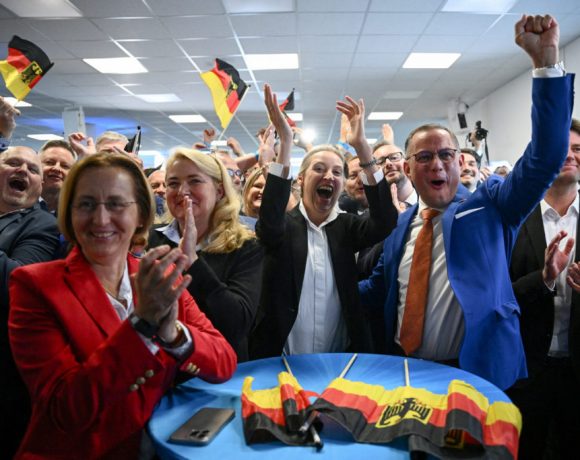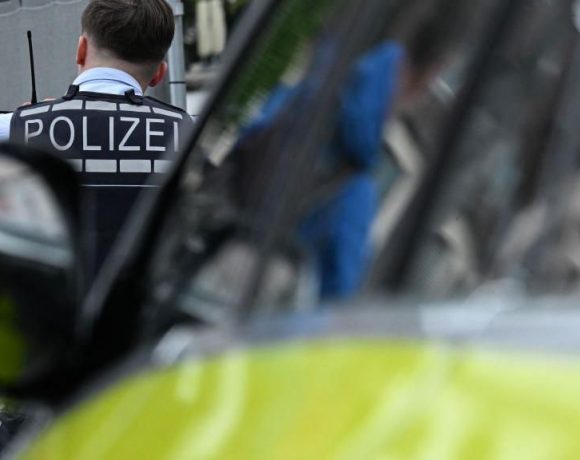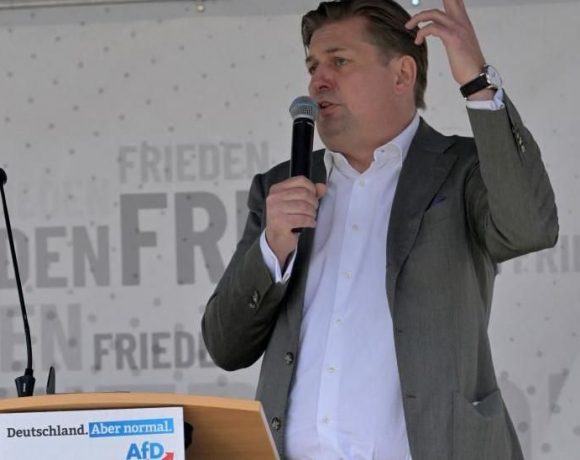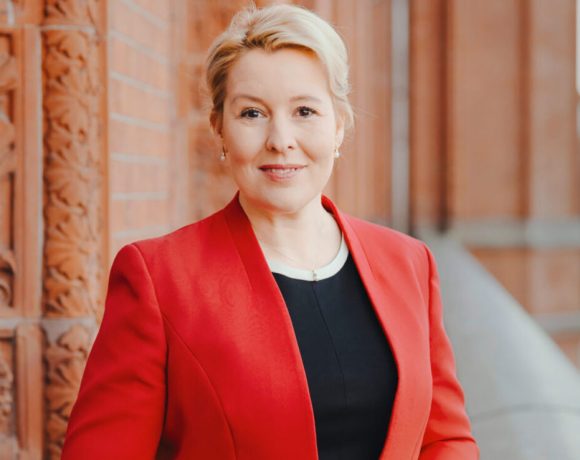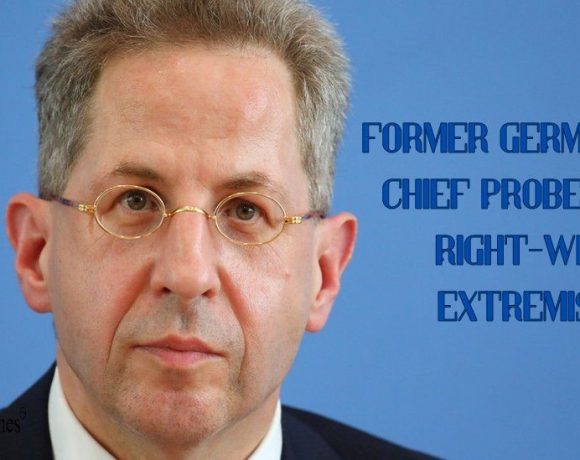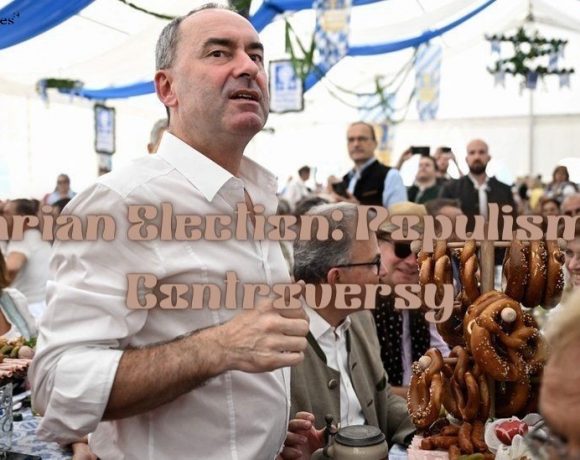
Germany’s association of family-owned companies has lifted its ban on engaging with lawmakers from the far-right Alternative for Germany (AfD), reflecting the party’s rising acceptance in sections of the business sector as it gains strength in national polls. Just two years ago, leading industry figures warned that right-wing extremism posed a threat to Germany’s global reputation and ability to attract investment and skilled labour.
The shift comes as the AfD has surged to first place in multiple nationwide surveys after coming second in February’s federal election. Association president Marie-Christine Ostermann said that political indignation alone is no longer effective and argued that addressing the AfD’s positions directly is more productive. While she maintained that the organisation rejects the AfD’s ideology and opposes the party’s participation in government, she stressed the need for dialogue given its support from around 25% of voters.
The association is among the first major business groups to advocate for more engagement with the AfD, though others remain firmly resistant. The BDI industry association said it does not seek contact with radical parties, warning that the AfD’s populist agenda risks undermining the stable economic environment on which Germany’s industry relies.
Pic Courtesy: google/ images are subject to copyright

